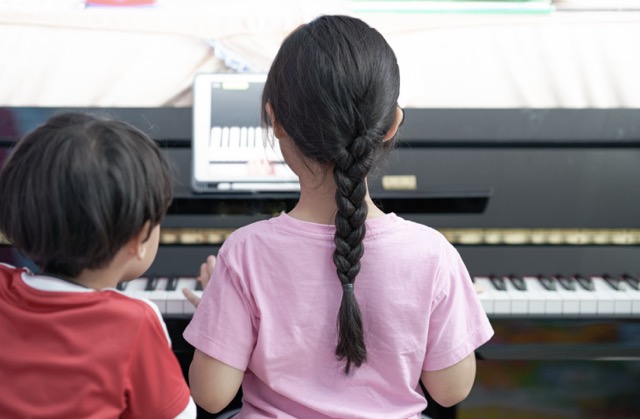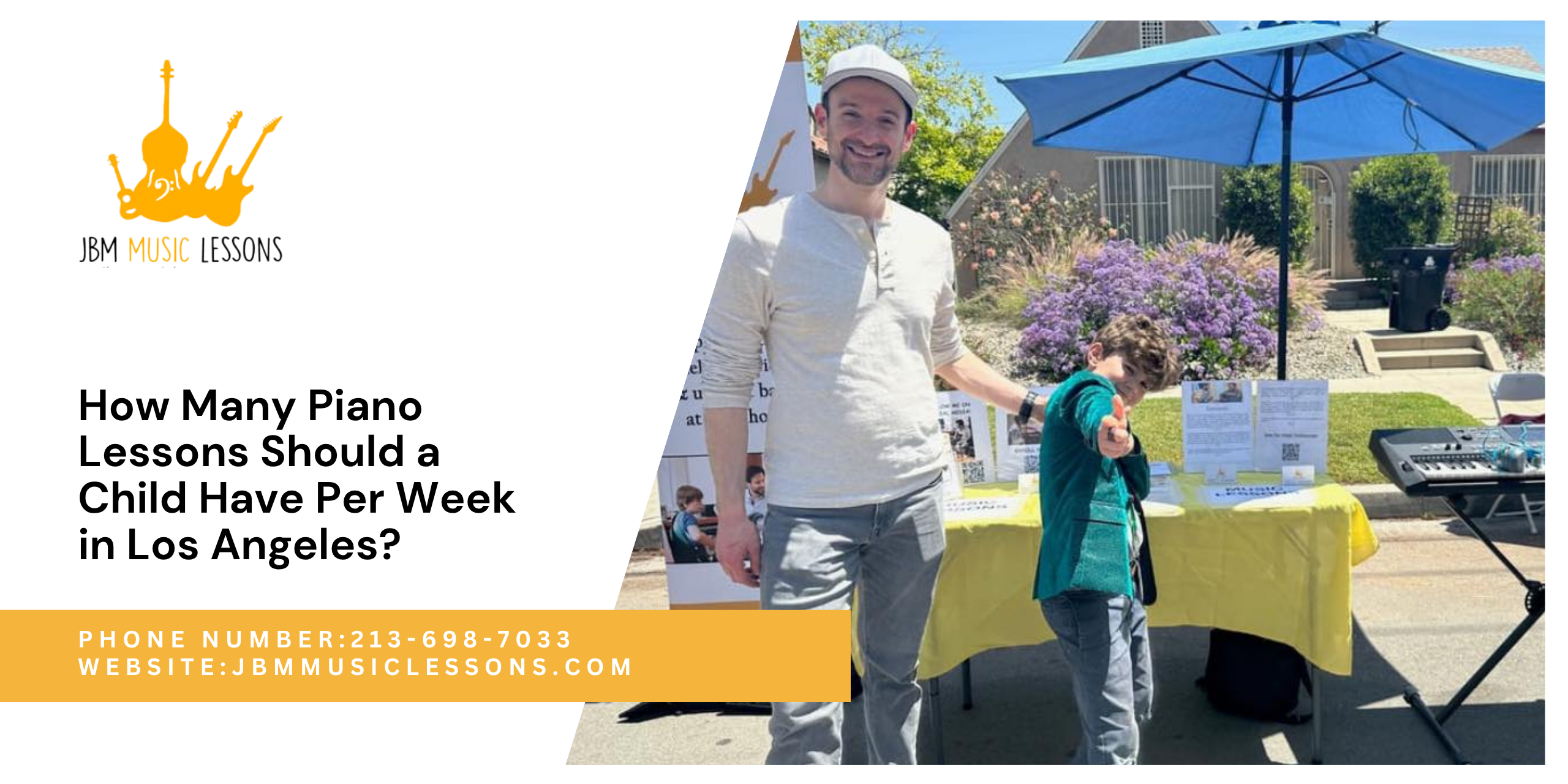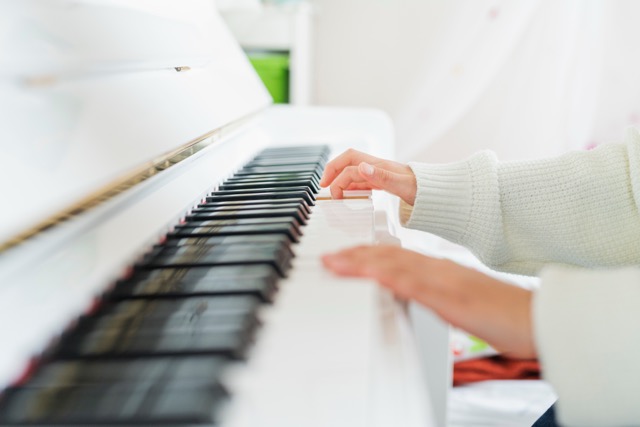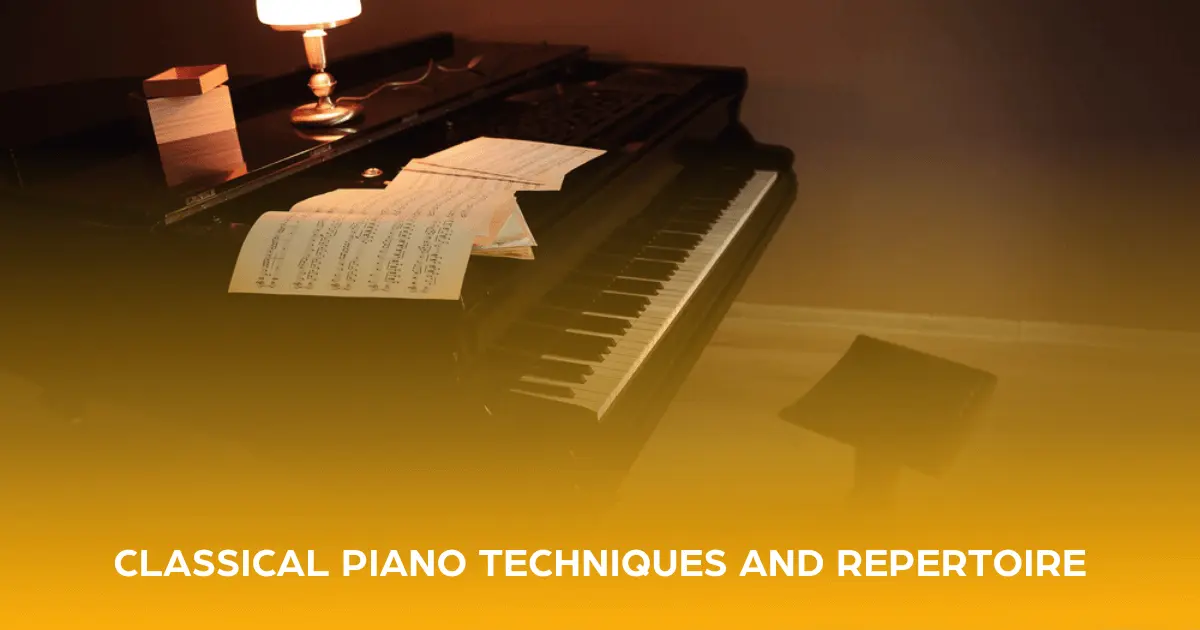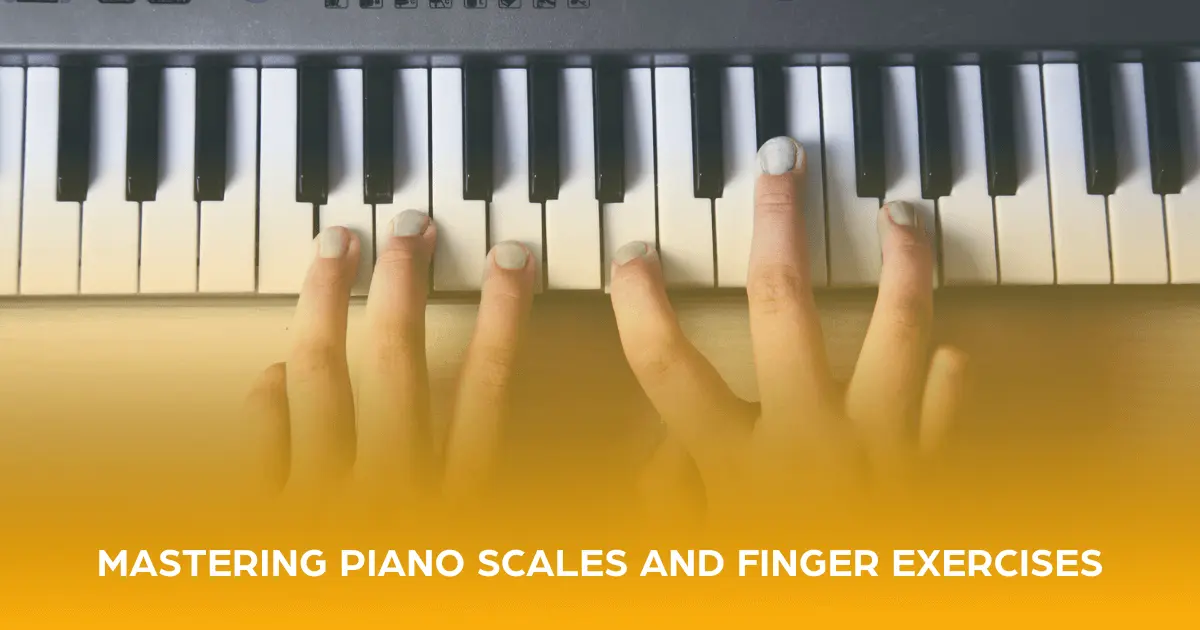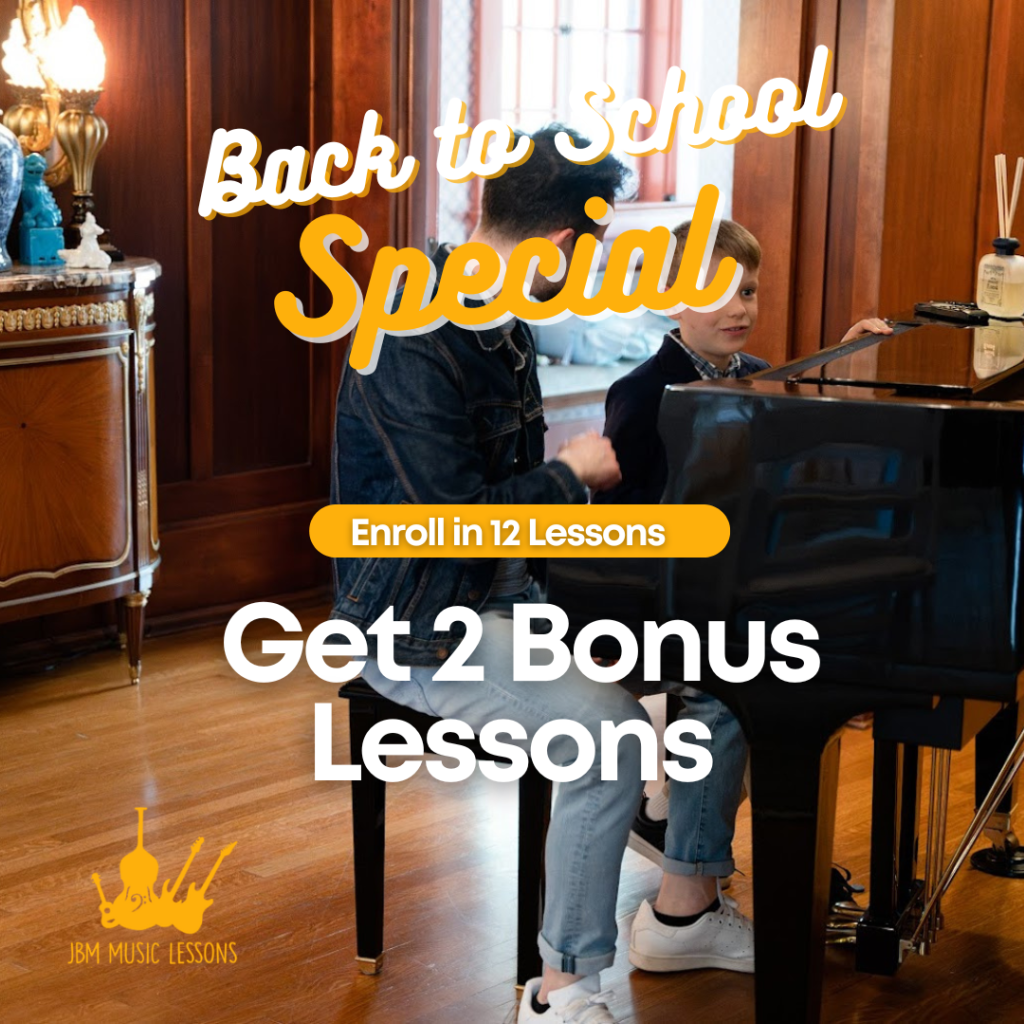Learning to play the piano with professional kids piano lessons in Los Angeles can be a fun, rewarding experience. Regular, consistent practice is crucial for developing the necessary skills and muscle memory to play piano effectively. Apart from getting professional piano lessons in Los Angeles, practice helps to build muscle memory, develop finger dexterity, and solidify technique. Many parents wonder how often their child should practice piano.
Beginner piano players should aim to practice daily, even if just for short periods at first. In general, 10-45 minutes at a time is a good starting point for many beginners, with consistency being more important than the length of each session.
In this post, we’re going to explore how long kids should practice piano and some tips to encourage your child.
Table of Contents
ToggleHow often should a 7-year-old practice piano?
The average 7-year-old learning piano should start with short, focused sessions of 10–15 minutes a day, at least 4–5 times a week. As they improve, the length of practice can gradually increase. Consistency matters most—frequent, shorter sessions lead to better progress than long, irregular ones. Every child is unique, so it’s best to work with a professional piano teacher in Los Angeles to create a routine that fits your child’s learning style and motivation.
How can I encourage my child to practice piano?
Ideally, your child will be enthusiastic about learning their new instrument and motivated to practice consistently. However, involving yourself and encouraging your child by establishing a routine and providing feedback can make a huge difference in your child’s progress! Here are a few tips to help your child practice piano:
- Start Small: Beginners, especially younger children, will benefit from shorter practice sessions. Gradually increase the duration as their concentration allows.
- Set Realistic Goals: Your child may want to master a specific skill or learn to play their favorite song. Setting goals can motivate your child to practice more consistently.
- Acknowledge Achievements: Acknowledge and celebrate your child’s achievements, even the small ones.
- Allow Breaks: Provide small breaks to stand, stretch, or fidget if your child is restless during practice sessions.
- Make it Enjoyable: Of course, your child will need to work on skills that challenge them. However, they should also spend time playing music they enjoy.
- Reward Progress: Offer rewards like stickers or small prizes to reward your child’s progress.Try ending practice sessions with a favorite snack!
- Show Interest: Ask your child about their piano lessons and practice sessions: what they are learning, what they enjoy, and what they find challenging.
Is it possible to practice piano too much?
Without consistent practice, your child’s piano skills may decline, and progress will be slow or halt altogether. This might be frustrating for your child and can lead to a loss of motivation and enjoyment in their instrument.
Is it possible to practice piano too much? The answer is yes. Pushing your child to practice too hard or too long can have negative consequences, including emotional burnout, decreased enjoyment, and physical pain or discomfort. When your child is tired or mentally fatigued, practice sessions may become less focused, ultimately hindering their progress. It’s important to encourage your child to practice their instrument without overwhelming them or making it feel like a chore.
Practicing the piano regularly is essential for improvement and progress. Beginner piano players should aim for short, frequent practice sessions, at least 4-5 days a week. To enroll your child in piano lessons, contact us today and get help from a reputable music teacher in Los Angeles.

